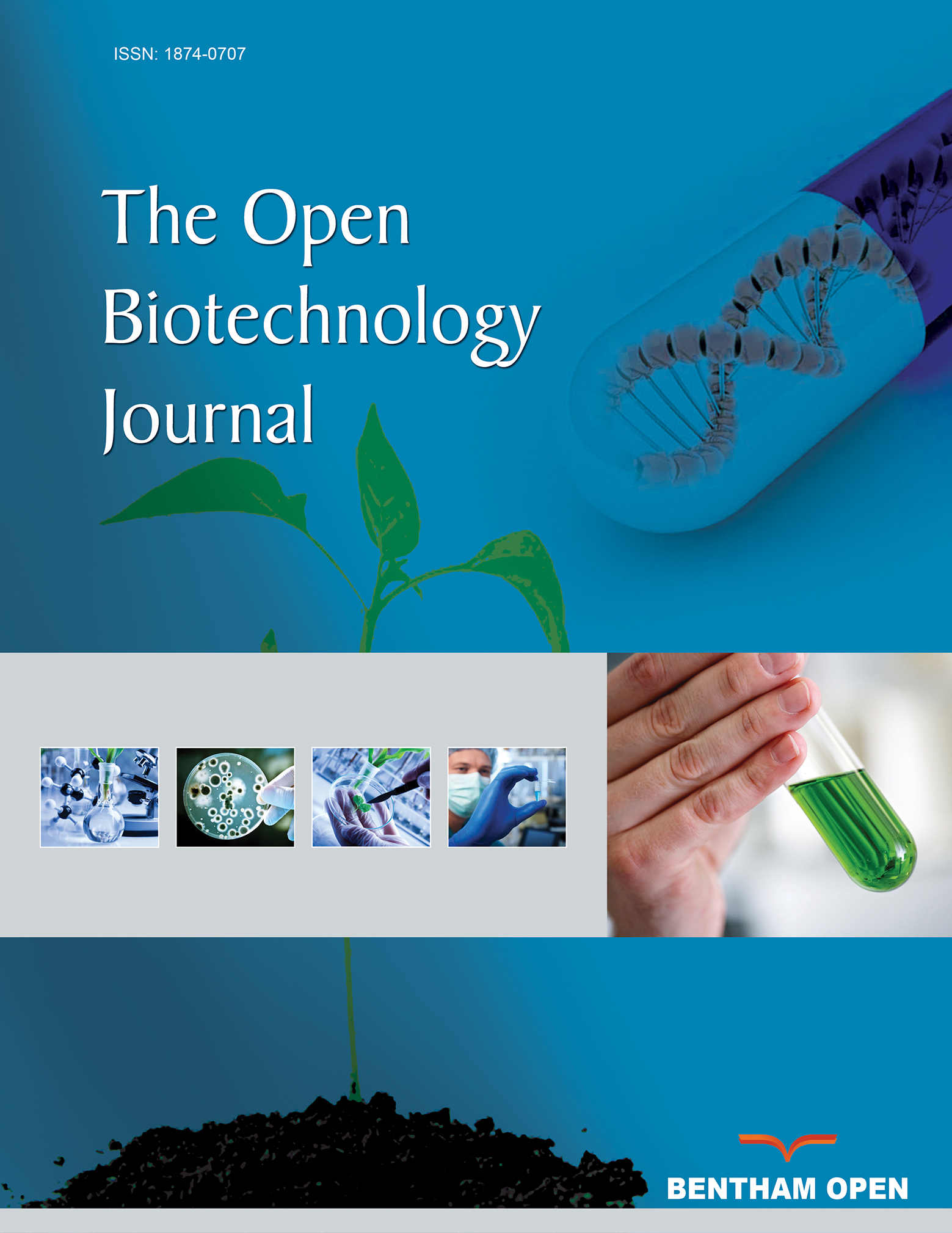All published articles of this journal are available on ScienceDirect.
Impact of Microencapsulation on Two Probiotic Strains in Alginate Chitosan and Eudragit S100 Under Gastrointestinal and Normal Conditions
Abstract
Background:
Nanoparticles in biotechnology studies have played a significant role during the recent years and a wide range of them are being applied in food industries to prolong the microorganisms viability for more effective function in food processing and human gut.
Methods:
The main purpose of this research was evaluating the viability of two bacteria of Lactobacillus casei and Lactobacillus bulgaricus treated through double-coated beads including alginate Chitosan (First coating), and Eudragit S100 (Second coating) in simulated Gastrointestinal (GI) circumstance and yogurt. Free cells were employed as a control test and the results reflected that microencapsulated strains can survive longer than the normal cells.
Results:
The number of free cells of L. casei and L. bulgaricus respectively decreased from 6.0×106 and 7.2×106 (In the first day) to 4.1×105 and 5.3×106 (In the day 32) in GI condition. Also, in the same intervals of time, the number of double-coated L. casei and L. bulgaricus decreased respectively from 6.9×108 and 7.1×108 to 4.5×107 and 3.1×107 in simulated condition. Furthermore, the pH rate steadily decreased, however, it was more dramatic in the first week, whereas the trend gradually became more moderate in the last two measurements.
Conclusion:
Results indicated that microencapsulation increases the bacteria viability. Also, the pattern of pH changes was similar for both strains and revealed that the rates of pH and acidity in both double-coated and normal forms are close to the control test in the final measurement.


